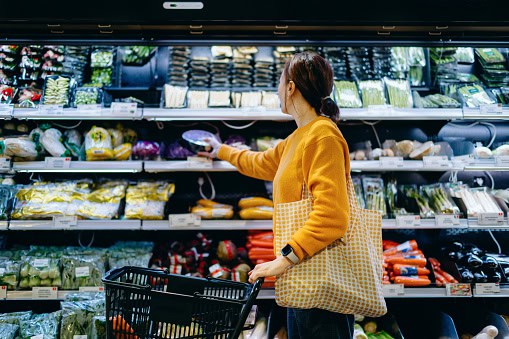
"So how can you know if a brand is actually sustainable or not? A good indicator is a company's certifications displayed on its website. Look for Certified B Corp, Global Recycle Standard (GRS, run by Textile Exchange), OEKO-TEX, Made Safe, Environmental Working Group (EWG, applies mainly to specific personal-care products), Fair Trade, and Forest Stewardship Council (certifies forest products like paper/wood). Other indicators are the company having a recycling program or stating a zero-waste operations/packaging goal."
"Buying in person can be more eco-friendly than ordering online, as it cuts out the emissions spent delivering products to your door and on plastic packaging. However, true offset depends on several factors, like distance, transport mode, and packaging. For example, local trips on foot/bike or bundled errands can beat home delivery, but consolidated shipping can beat solo car drives."
"Companies can claim they are sustainable even when they are not, it can be hard to find the truth. Sustainability covers many different areas, and not all are treated equally when a company claims to be sustainable. 24/7 is your home for all things related to investing, consumer behavior, and economics. Get started by downloading our free report on the two stocks we recommend every investor hold forever."
Greenwashing is a marketing tactic where companies present themselves as eco-friendly without making substantive environmental changes. Certifications and program disclosures provide reliable indicators of authentic sustainability. Look for Certified B Corp, Global Recycle Standard, OEKO-TEX, Made Safe, Environmental Working Group, Fair Trade, and Forest Stewardship Council labels. Additional evidence includes company recycling programs and stated zero-waste operations or packaging goals. Carbon offset and carbon-neutral claims vary widely in quality; preferred signals include Science Based Targets (SBTi) and transparent third-party offset or project disclosures. Purchasing choices influence emissions; in-person shopping can reduce delivery emissions, while mode, distance, consolidation, and packaging alter net impacts.
Read at 24/7 Wall St.
Unable to calculate read time
Collection
[
|
...
]